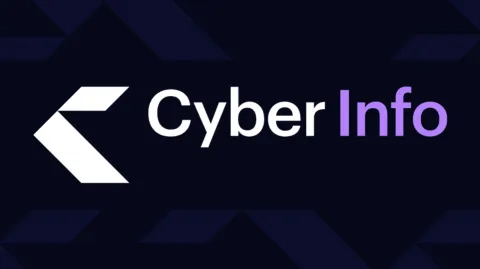Question about Aggressive Mode with Pre-Shared Key
A friend of mine is applying for a small business loan and they had to agree to a cybersecurity audit. It's really nothing more than an external pentest from an online provider. One of the dings that came back was that they use a VPN that supports IKE, aggressive mode with a Pre-Shared key. I took a look at his setup and the results are accurate. It was a lower risk (2 out of 5) on the pentest scale, and I don't think they will make much of it, but I would like to know more about the actual risk here. The firewall is also setup to require a username and password after the pre-shared key and each user has a unique username/password. Does having this additional auth reduce the risk significantly? Is it meaningful to respond and acknowledge that while it's true, the VPN requires the username/password or is this a case where the result of the exploitation would circumvent that additional auth?
